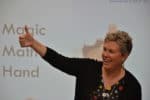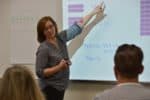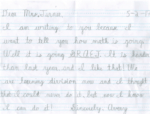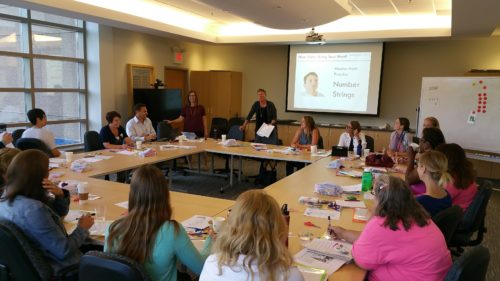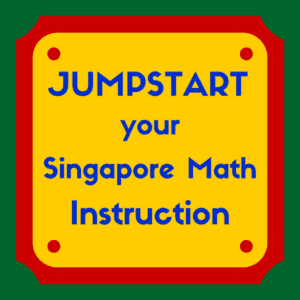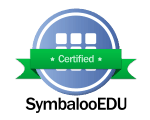
We were thrilled to welcome teachers, coaches, specialists and administrators from 18 states to our Jumpstart your Singapore Math® Instruction workshops this summer.
We are so very grateful that you took time from your summer to join us….And we are delighted that you found it valuable!
Scenes from Jumpstart 2018
What Attendees said about Jumpstart 2018
-Keith Grifffin, 1st and 2nd grade Math Specialist, City Academy School, St. Louis, MO
As an administrator, this training was invaluable to my understanding of the Singapore approach to teaching math!
-Melanie Stivers, 5-8 Principal, Springfield Christian School, Springfield, IL
This is the best training I’ve been to. Every minute was enjoyable and educational. I feel better going into the school year and am excited to teach the Singapore way. It was life changing and mind blowing!
-Penny Hagerman, Interventionist, 3-5, Vanguard Classical School West, Aurora, CO
Truly appreciated the lesson planning information. The teacher’s guide does not have enough information to assist teachers with teaching strategies. I feel I can teach better and help my students better understand and build on the concepts. Awesome Class!
Thanks to Jumpstart 2018 Hosts
Clayborne Education – Charlottesville, VA
Augustine Christian Academy – Tulsa, OK
Liberty Common School – Fort Collins, CO
Mounds Park Academy – Saint Paul, MN
We will announce details regarding 2019 Workshops soon. If you would like to receive notice of upcoming workshops and are not already on our email list, please complete our Training Needs Survey or give us a call.


